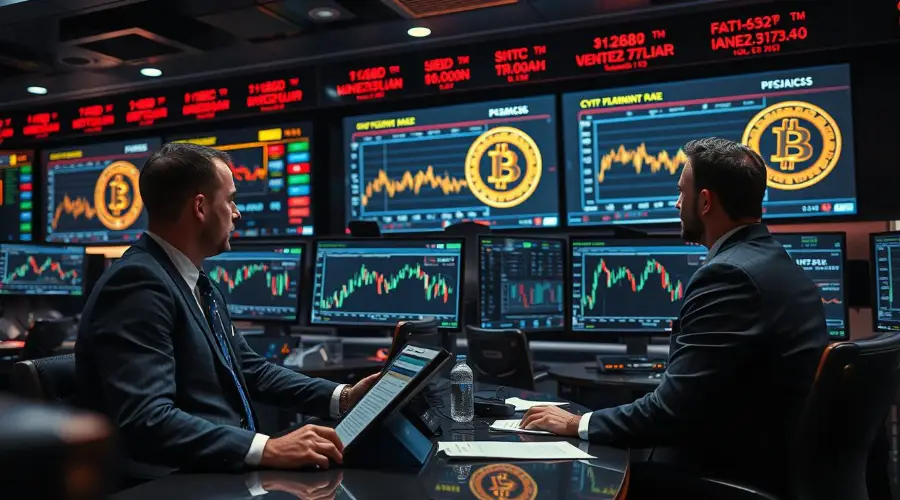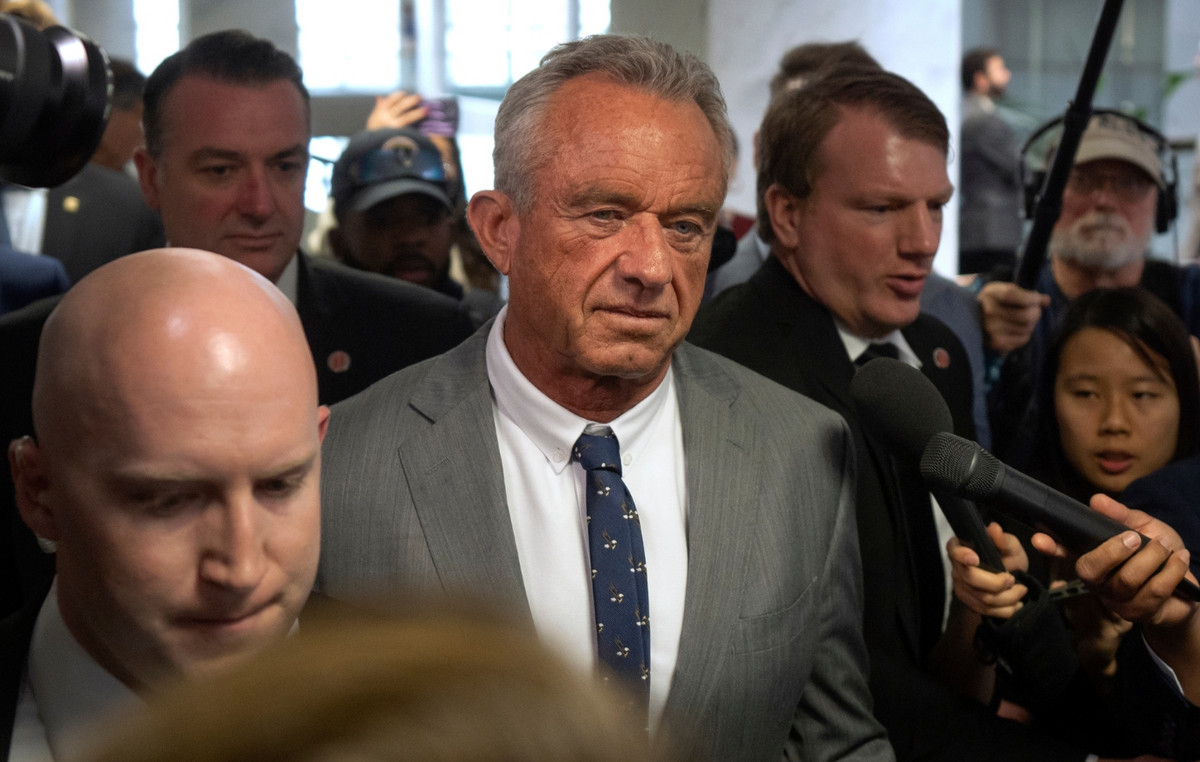The week that begins at COP26, the 26th United Nations Conference on Climate Change in 2021, in Glasgow, Scotland, where high-level negotiations take place, will be decisive with ministers taking the lead to close agreements.
The gaps in the 2015 Paris Agreement need to be filled by next Friday (12) – or by Sunday (14), if negotiations are delayed. Otherwise, these decisions will remain for the COP27, which will be held next year, in Egypt.
Among the gaps are the international regulation of carbon credits, the transparency of this market and financing for the adaptation of impacts (losses and damages) for the most vulnerable nations.
In recent days, delegations from many countries, including Brazil, have presented proposals for the controversial Article 6 of the Paris Agreement, which deals with the global carbon market. Due to the current lack of consensus, observers and delegates fear that regulation of the carbon market will not be completed at this COP.
The first week of COP26 was marked by technical discussions and some advances such as the signing of a voluntary agreement to end deforestation by 2030 – with the mobilization of US$ 19.2 billion, and the promise of reducing methane emissions in 30% by 2030, in addition to protests by young people and indigenous people demanding immediate advances in Climate Justice.
The term often repeated in the streets of Glasgow unites human rights concerns and urgent environmental issues under the same banner, assuming that nations, different social strata, genders and ethnic groups feel the consequences of climate change in different ways.
“We are suffering every day from the climate crisis. We are every day defending our territories with our lives. Indigenous peoples are dying, our brothers and sisters are dying. Yanomami children are dying in rivers contaminated by mining industries”, said the young Amazonian indigenous activist, Samela Sateré Mawé, representative of the Articulação dos Povos Indígenas do Brasil (Apib), from the Fridays for Future.
Need for financing and international cooperation
According to the largest environmental protection NGO, Greenpeace, one of the biggest concerns at COP26 is international cooperation and the need to ensure funding of US$ 100 billion a year from richer countries to less developed ones.
For the Executive Director of Greenpeace International, Jennifer Morgan, it is a significant move towards the end of the fossil fuel era, mainly for the support of the United States within the energy transition.
However, for her, countries must make binding national commitments (compulsory) to immediately close all new fossil fuel projects, whether through external financing, domestic licensing or permission.
“It’s been a bad week for fossil fuel companies but not enough, things need to get a lot worse for them before this COP is over if we are to call Glasgow a success. We saw some big ads, but many promises were voluntary and the fine print often includes big gaps. The target hasn’t changed, it’s 1.5°C and, although we’re closer than we were, there’s still a long way to go”, he concludes.
Reference: CNN Brasil
I’m James Harper, a highly experienced and accomplished news writer for World Stock Market. I have been writing in the Politics section of the website for over five years, providing readers with up-to-date and insightful information about current events in politics. My work is widely read and respected by many industry professionals as well as laymen.







